The word “Environment” can mean many different things, to many different people, animals, insects, marine life, microbial life, micro environment, general environment, global environment. The problem is that there are so many micro environments under stress that it has affected their general environments, and with so many general environments now under stress, we now have problems throughout our global environment. One contaminates another, and so on, and so on.
To feed the masses we need more farmland to grow the crops required and of course the water to enable it. Tilling the soil and exposing it to the elements increases erosion potential that washes away fertility, which then leads to the soil needing supplementation (by less natural means), which in turn creates further consequences. Polluted waters are drawn from rivers to water crops which disrupts downstream ecosystems that causes poor flow rates, poor oxygenation and devastating effects on marine life. All of this affects the quality of our entire food chain and ultimately determines our own health and that of our families.
As the forests come down and exhausts pollute, the air we breathe will change. As the soil is tilled, contaminants are applied and topsoil washes away, the food we eat will change. Rain falls drain pesticides and herbicides into our catchment zones where our fresh water supplies change, and as the runoff flows into our rivers and our rubbish and waste collects, our oceans become contaminated and change.
We have changed our world so much that it will get harder and harder to produce more from less as the damage increases. As we recognise the need to move away from fossil fuels in order to limit the damage to our environment, we also need to move towards natural supplements that are complementary to nature and all things within it. Hydrogen technologies may well provide the path for regeneration as an organism, a species, an ecosystem, but also for the entire planet as a whole.
Less favourable soils and conditions can be assisted in our cities to encourage plant life, insects and bird life to thrive. Enriching river systems where the flow rate is so low (due to irrigation take off), can boost hydrogen and oxygen content and contribute to all downstream life forms. Supplementing hydrogen and oxygen into water supplies can assist life and the re-establishment of an aerobic environment in poorly managed and now desolate farmlands.
The thing is, to fix it all up again, we need to go back to the root causes of these problems and stresses to ameliorate the resulting consequences. Sound familiar? Let us not create these problems in the first place and find ways that don’t pollute, contaminate, poison or kill the life on our planet. Let’s align with nature and work with her to find better solutions, not fight her and break her like we are doing now. If we continue to change our environment, we also inevitably change our climate.
We believe that by enriching the water with both molecular hydrogen and oxygen for millions of small-scale farms as well as the large enterprises, we will be able to encourage growth while using less, increasing farmland without clearing rainforests and oxygenating waterways to maintain the life within it. Creating life on the ground will also create life in the ground and pull the atmospheric carbon in with it. The most abundant resource of life is all around us and embracing the power of molecular hydrogen, as well as the many non-polluting technologies that now exist, may just change the environmental trajectory we are currently on.

